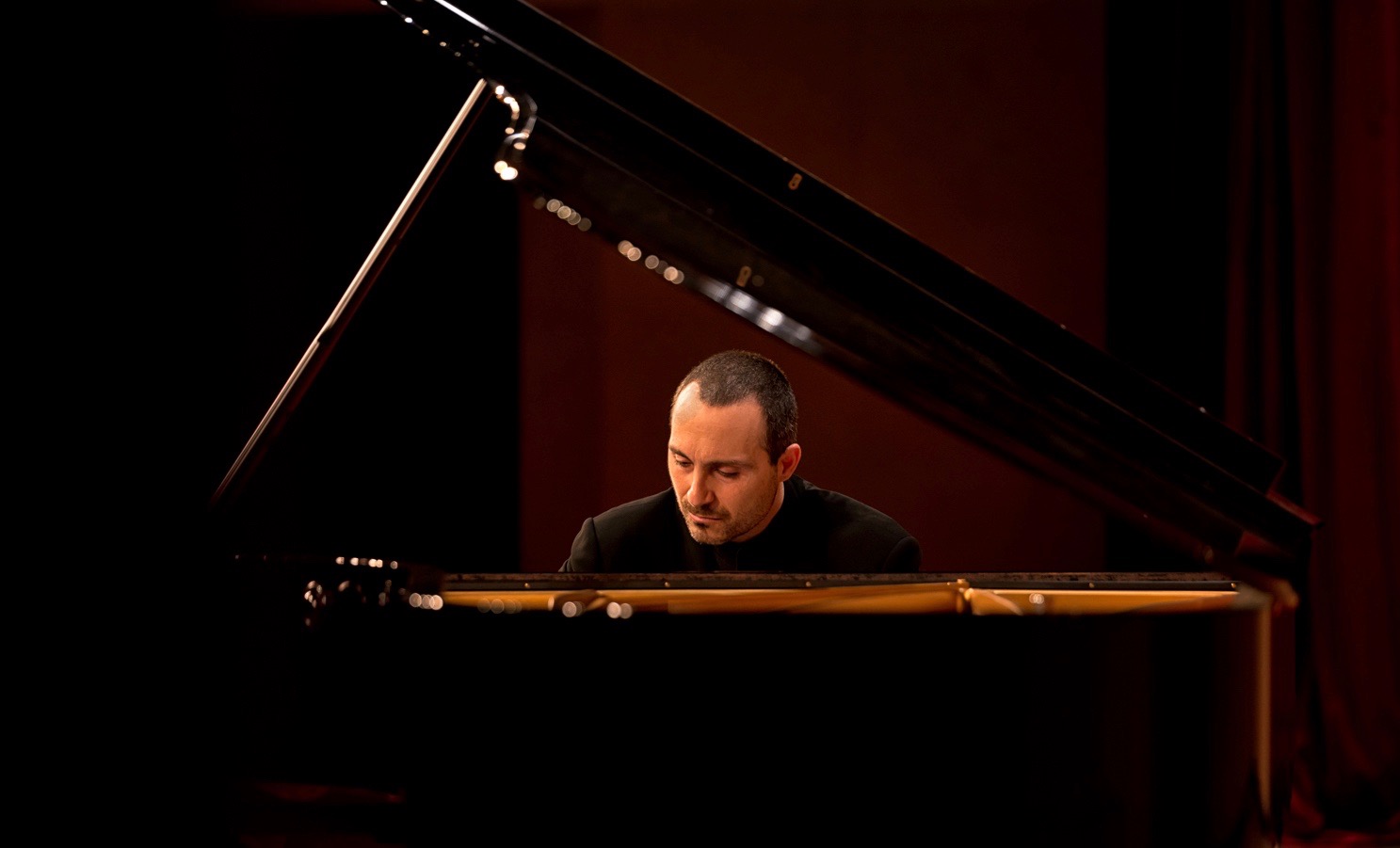It has been truly a lot of fun practicing and playing through the Fantasia in G minor, Op. 51 by Giuseppe Martucci (1856-1909), as I prepared it for a performance in Boston last February 8th.
The Italian composer was courageous enough to defy tradition, basing his entire career on instrumental and symphonic music [including 2 Symphonies, 2 Piano Concerti, an oratorio (Samuel), chamber music, and several piano and vocal works]. He never composed an opera, and as a conductor, he chose Wagner over Italian operatic composers!
This Fantasia [composed the same year as Tchaikovsky’s 1812 Overture Op. 49 and Liszt’s Mephisto Waltz No. 2 S515] has become one of my favorite pieces. It is very idiomatic, difficult but extremely well written for the piano, and it contains some beautiful melodies, some of which make me think of the rich tradition of Neapolitan popular music.
The Fantasia begins with a very dramatic gesture, followed by an emotional outpour. It then features a lively section that I would describe as a whirlwind, with its light, scherzando, fast 16th-notes that provide constant propulsion. In this section, along with the fun-filled agility passages, I greatly enjoy the imitations, the beauty of the harmonic progressions, as well as the overall transparency and brilliance. The last section is an abrupt return to the drama of the beginning, enhanced by the thematic material staying in the minor mode almost to the end, when we return to Eb Major with the final, chordal passage, solemn and grand.
One of the most successful characteristics of the piece, in my opinion, is the combination of structural soundness and free-flowing, quasi-improvisatory feel. Martucci was a truly wonderful composer. I hope to see his music programmed more often, and I’ll try to do my part!
